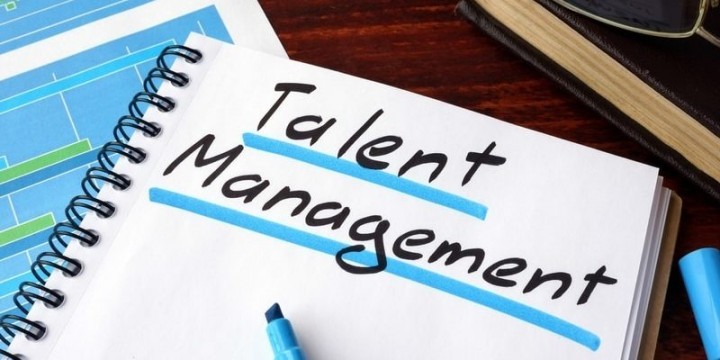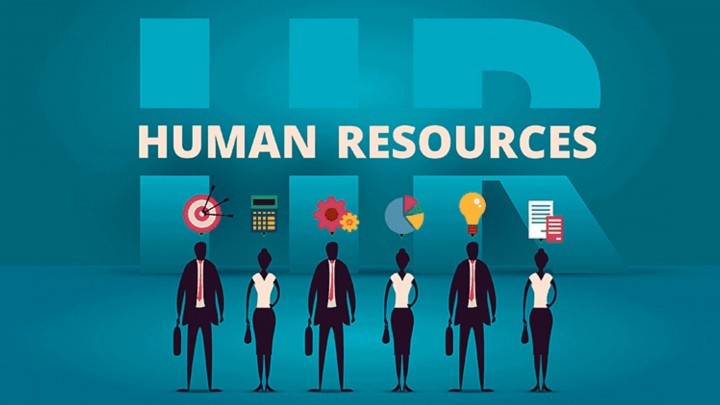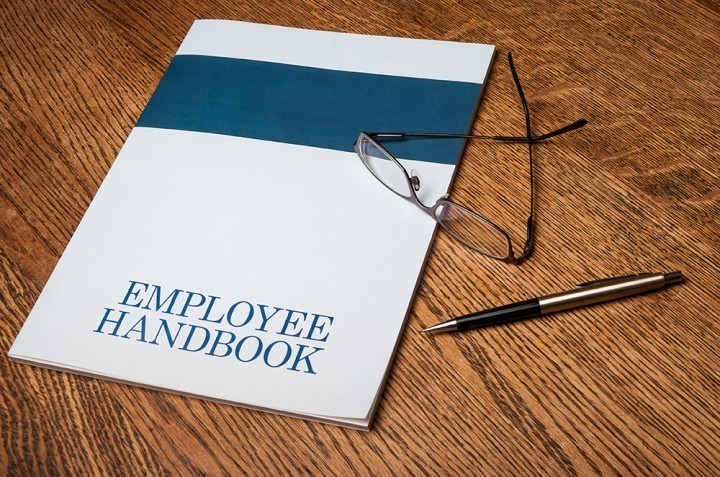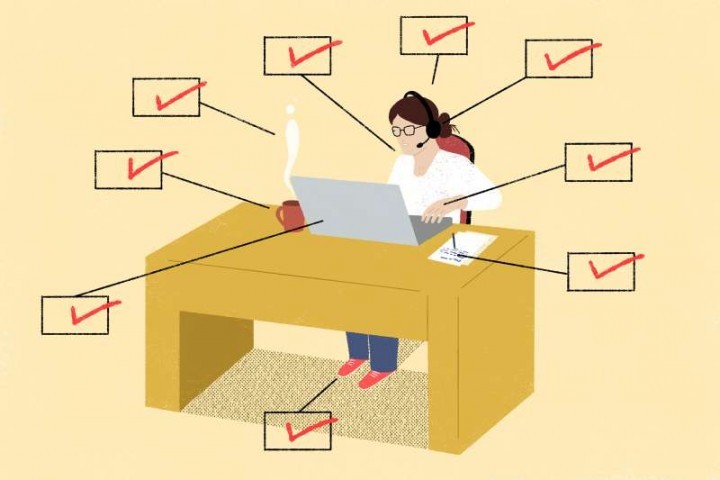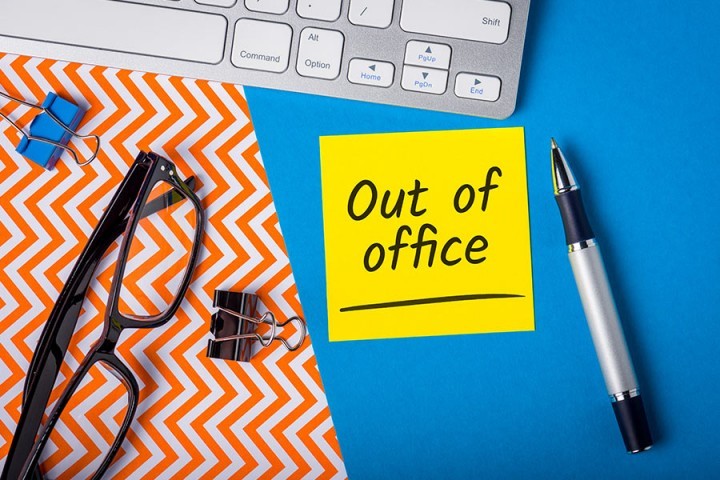
How to manage Workplace Stress?
Feeling some tension is normal, especially if you’re facing a looming deadline or challenging assignment. But when work stress becomes chronic, it can end up affecting both your physical and emotional well-being.
The workplace is an important source of both demands and pressures causing stress, and structural and social resources to counteract stress.
While stress at work is normal, excessive stress can affect productivity and physical and emotional health. Your ability to handle stress can be the difference between success and failure. You can't control everything in your work environment, but that doesn't mean you're powerless - even if you're in a difficult situation. Finding ways to deal with stress at work doesn't mean making big changes or rethinking career ambitions.
Regardless of what kind of work you do, the reality is that workplace stress is detrimental for employers and employees. Work stress has significant health consequences that range from relatively benign to potentially serious.
Causes for workplace stress
Cause for stress certainly varies among industries and job roles, but there are some common factors for the same. Some of such common factors are:
- Higher workload
- Employee layoffs
- Work deadline
- Long working hours
- Long commuting journey
- Conflict with co-workers
- Irregular work schedules
Keeping workplace stress minimum
While stress at work is common, finding a low-stress job is hard; and somewhat impossible. Experiencing work strain is unavoidable — even if you love what you do.
There are several steps you can take to reduce both your overall stress levels and the workplace stress. Let’s discuss some of such steps here.
Get recharged
Taking even a few minutes of personal time during a busy day can help prevent burnout. Listening to music offers many benefits and can be an effective way to relieve stress before, during, and after work.
It’s also important to take breaks from thinking about your job by not checking work-related emails on your time off or disconnecting from your phone in the evenings.
A good laugh is a good thing. Not only does it relieve the stress response, but it brings more oxygen into your body, activates your body, and soothes tension. Being angry or worrying, on the other hand, is extremely unhealthy, harming your heart, your immune system, and even increasing your risk for stroke.
Polished Time management skill
Sometimes, feeling overwhelmed by work make you understand that how organized you are. Try setting up a priority list at the beginning of your work week by preparing tasks and ranking them according to importance.
You can also beat procrastination by setting aside specific time blocks for deep concentration work. Prepare ahead of time, wherever possible. How you start your workday sets the tone for the rest of it. If you start it in a panic, a rush, the whole day is going to be stressful. It’ll feel as if you never get caught up or on good footing.
Stay out of gossips and conflicts
Workplace conflict can take a major toll on your emotional well-being. Interpersonal conflict takes a toll on your physical and emotional health. Conflict among co-workers can be difficult to escape, so it’s a good idea to avoid conflict at work as much as you can.
Try to avoid participating in gossipy situations. If you know that one of your colleagues is especially prone to gossip, find a way to spend less time with them or steer the conversation to safer topics.
Be comfortable
Even small things like office noise or uncomfortable chair can be distracting and cause feelings of low-grade frustration. Do what you can to create a quiet, comfortable, and soothing workspace and make yourself comfortable.
Be balanced with work and personal life
Being on work around the clock will easily burn you out. It’s important to create clear boundaries between your work and home life to help you avoid potential stress.
Part of this means setting aside time for socializing and establishing rules for when you’ll check emails or take phone calls.
Build a positive and supportive network
Build a strong network of supportive and trusted friends and family members to help tackle workplace stress. Having people you can rely on during the tough times can alleviate some of the built-up tension.
Pamper yourself
Find some time to take care of yourself whenever you feel overwhelmed by your work. You can take a good sleep, watch a movie, have some special food, hit a gym and do whatever make you happy to keep stress away.
Practice relaxation and breathing exercises
Meditation, deep breathing exercises, and other relaxation exercises could make you feel calm and relaxed.
Stay away from negative thoughts
When you’ve experienced worry and chronic stress for an extended period, your mind may tend to jump to negative thoughts. Instead of making automatic judgements, try distancing yourself from your negative thoughts and simply observe.
Identifying stress signs
Signs of stress can be seen in people's behaviour, especially in changes in behaviour. Here’s a look at some of the noticeable signs of stress:
- low energy or fatigue
- Muscle tension or headache
- insomnia
- changes in appetite
- digestive issues
- rapid heart rate
- sweating
- social retreat
- Fatigue
- low self-esteem
- Loss of interest in work, Apathy
- loss of sex drive
- frequent illnesses
- Anxiety or depression
If you couldn’t alleviate your workplace by any of these steps, never feel hesitated to reach some one for help. You may talk to your supervisor who could significantly help you in cutting off your stress level. If you are not feeling better even after seeking help from some one from your office or family, don’t feel bad to seek a counselling. Working with a therapist can help you better identify the sources of your work stress and help you come up with ways to better navigate them.
Lack of clarity in the roles, under promotion, lack of training, and job insecurity can be stressful. There are two other sources of stress, or buffers against stress: relationships at work, and the organisational culture. Managers who are critical, demanding, unsupportive or bullying create stress, whereas a positive social dimension of work and good team working reduces it.
The prevention and management of workplace stress requires organisational level interventions, because it is the organisation that creates the stress. An approach that is limited to helping those already experiencing stress is analogous to administering sticking plaster on wounds, rather than dealing with the causes of the damage.

















